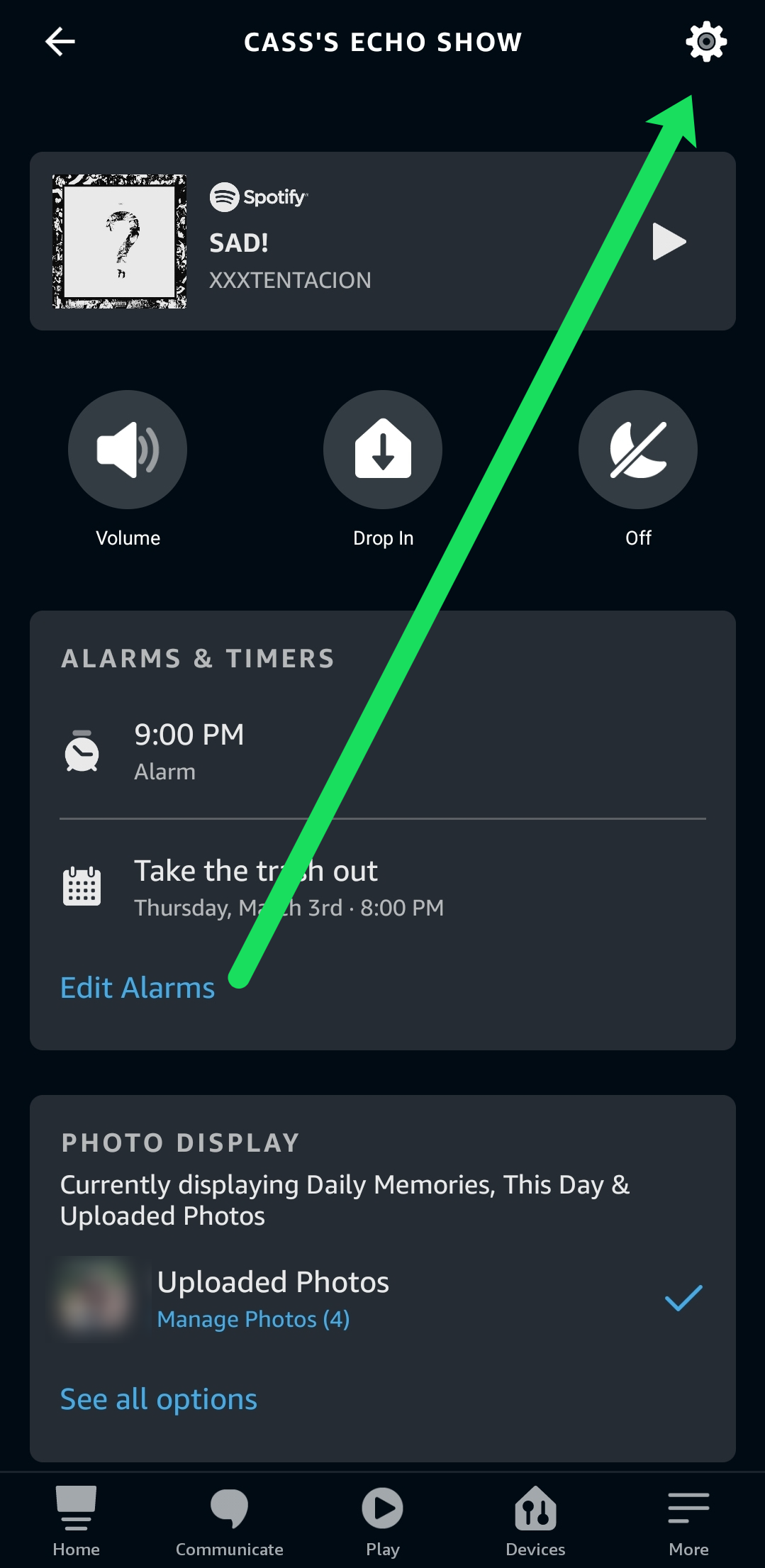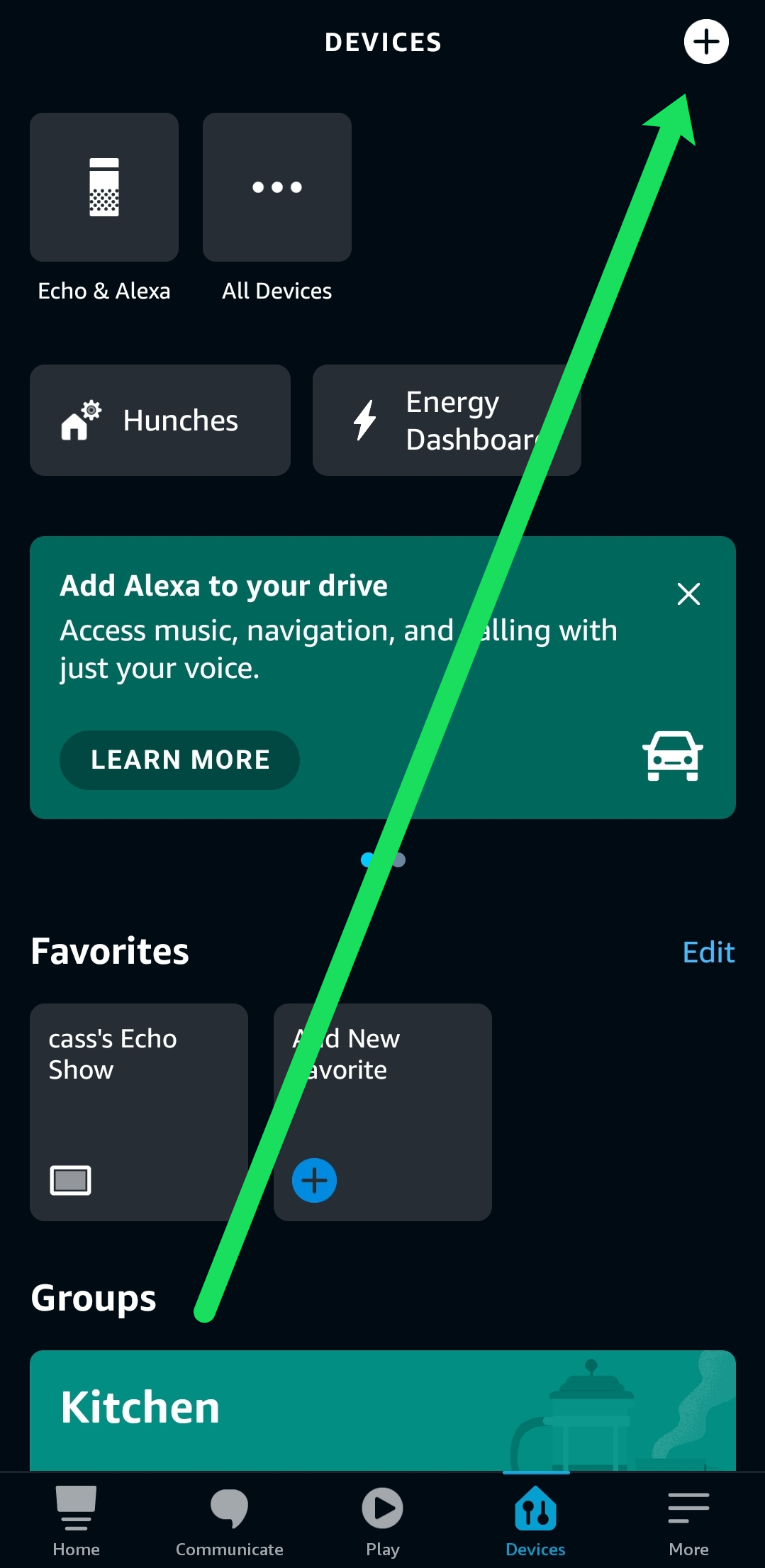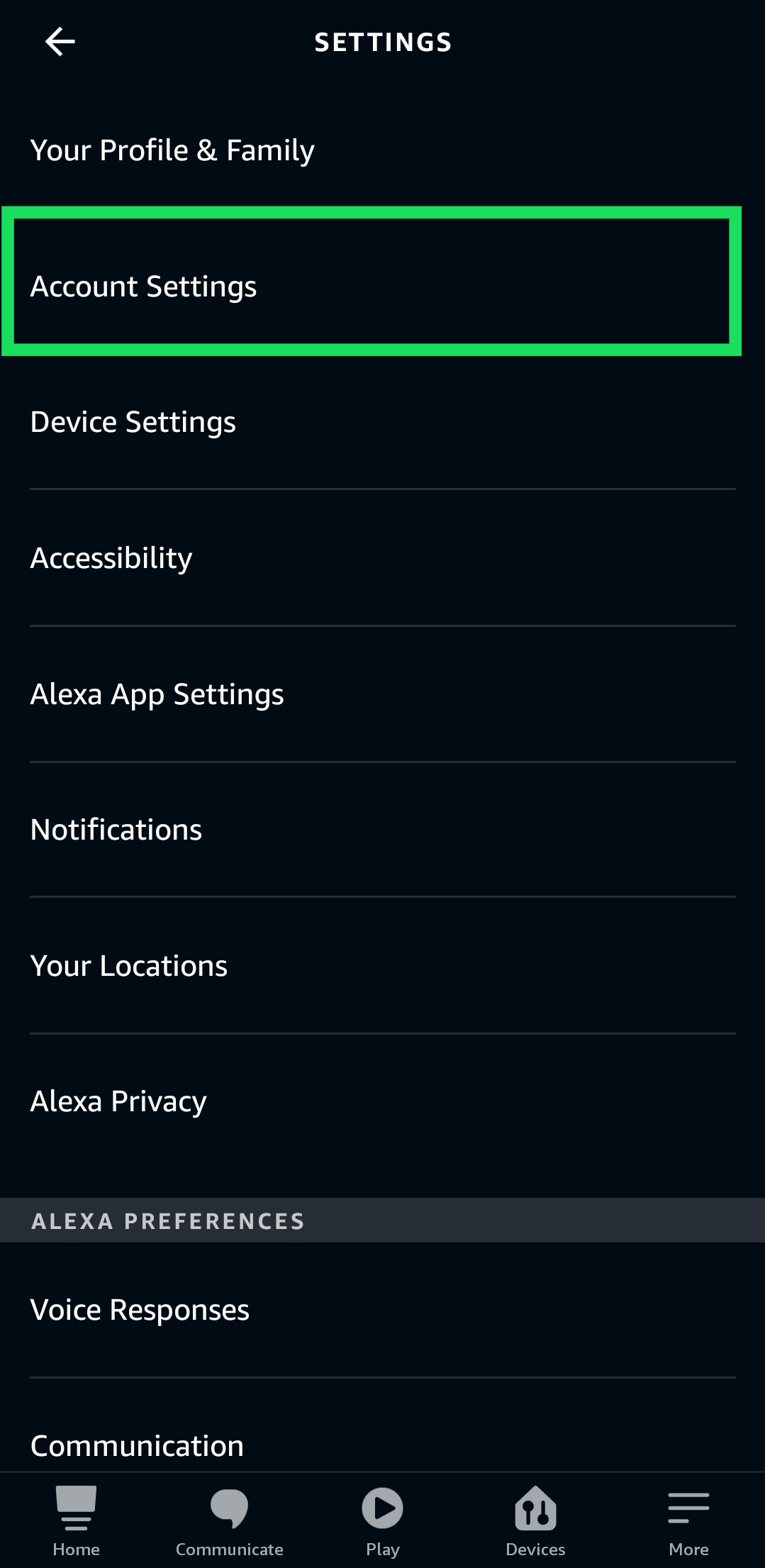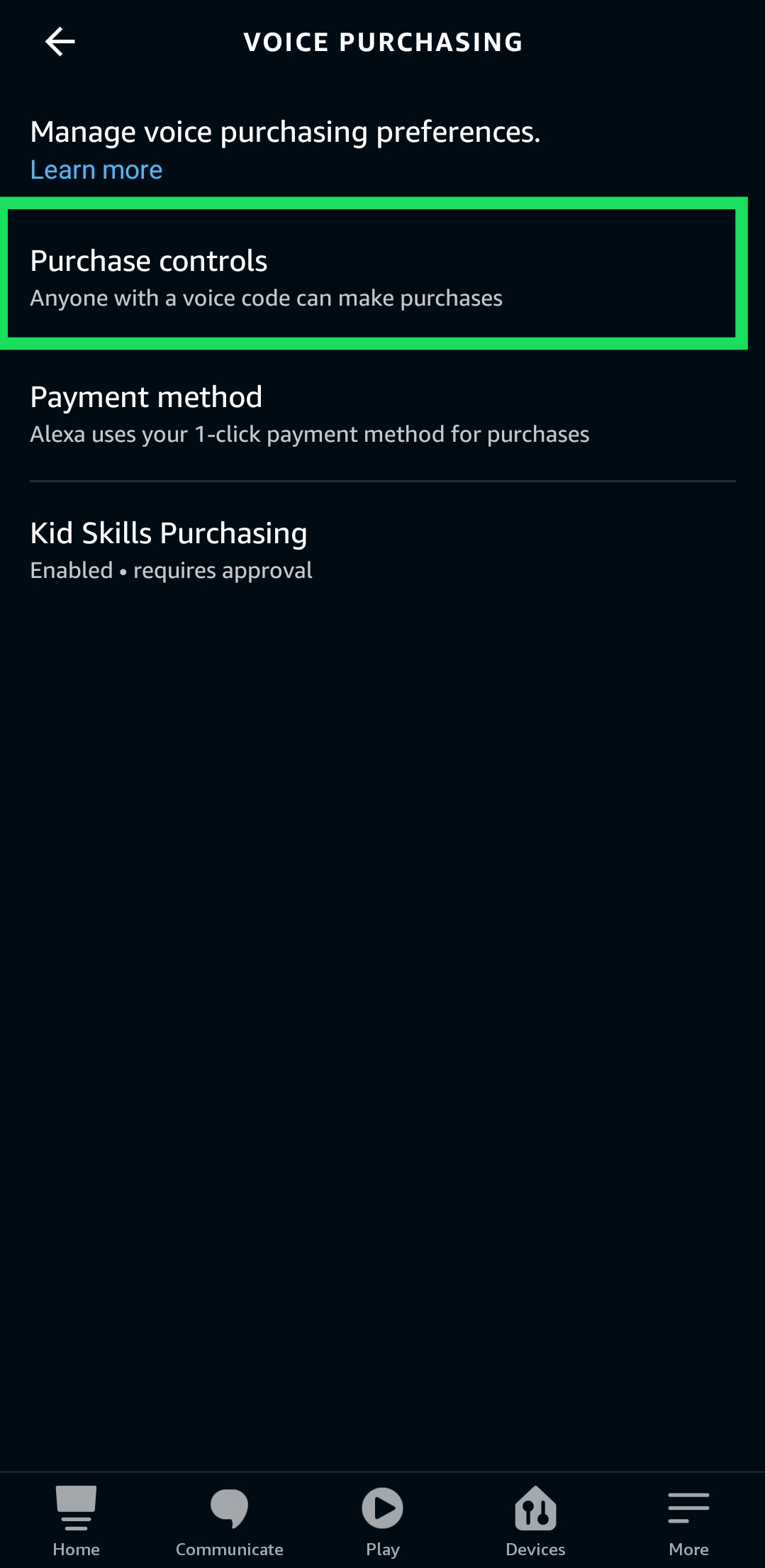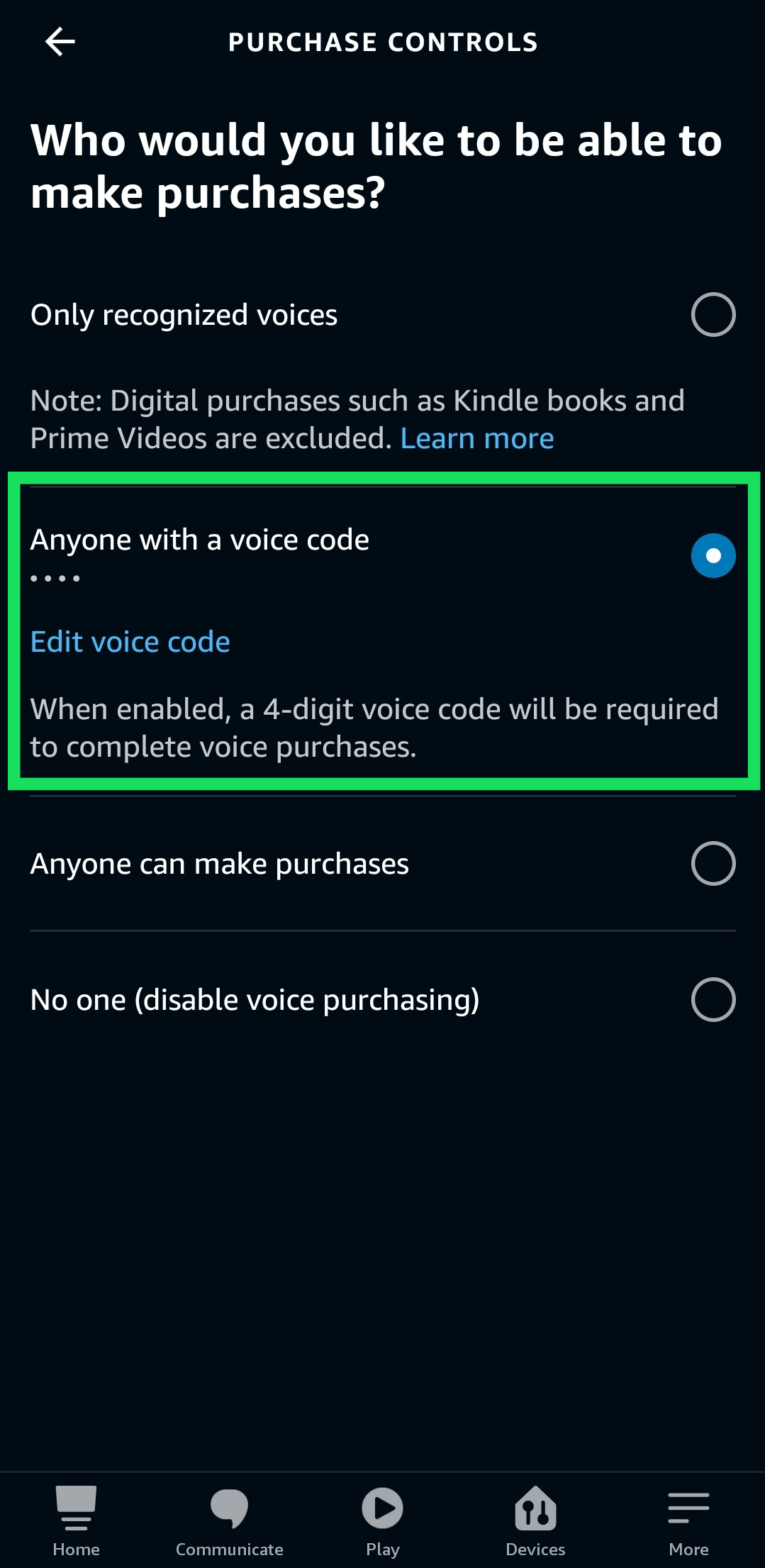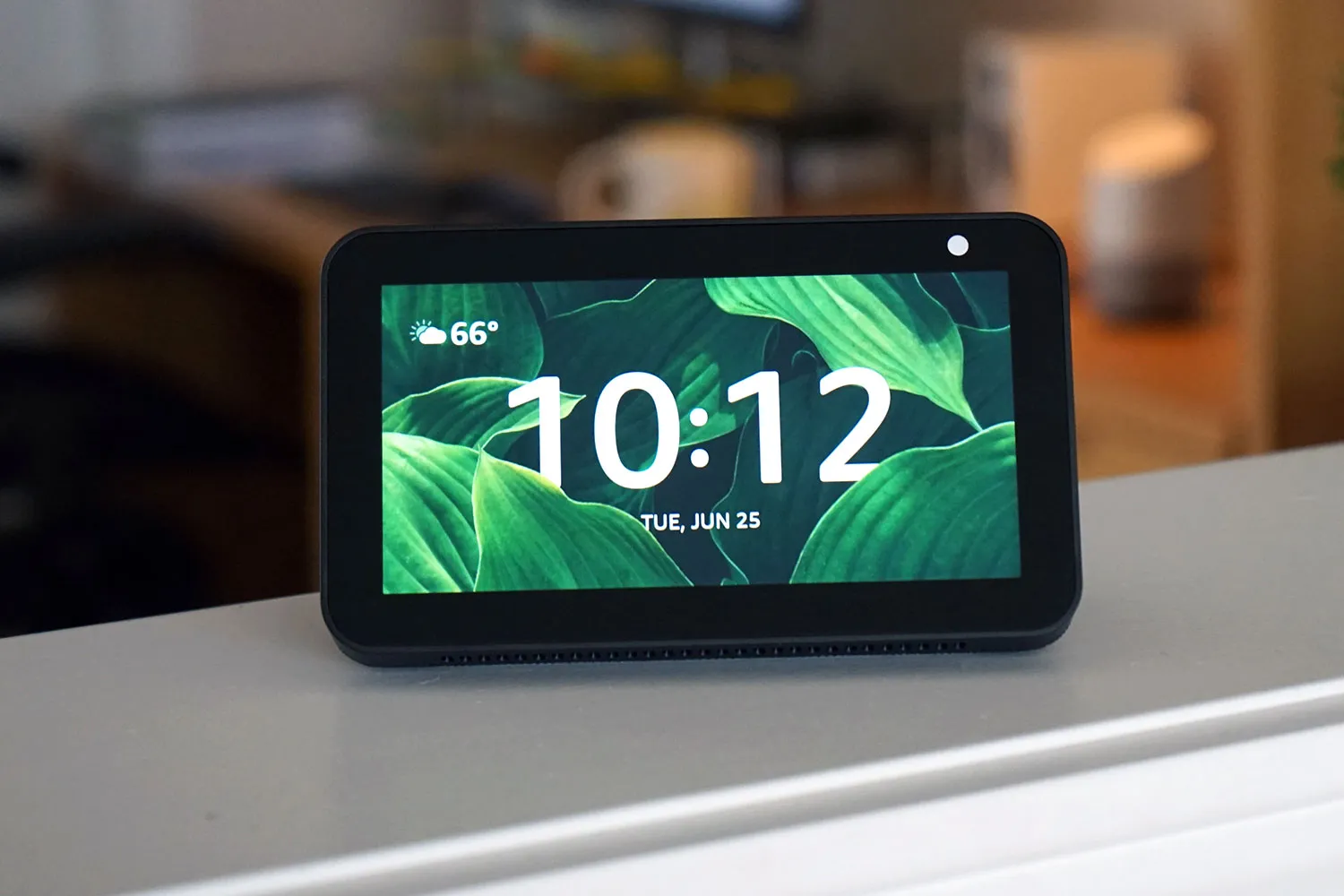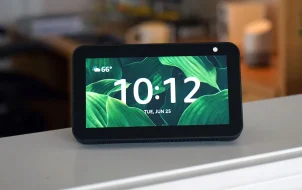With everyone’s favorite virtual assistant, Alexa, Amazon has become an unstoppable retail presence that undercuts competition through low prices and reliability.
Alexa entered our hearts through the Echo, the Bluetooth-enabled speaker that does just about everything you want, from playing music to ordering pizza.
So, what else can the Echo do? Here’s a guide to some innovative ways you can adapt the Echo into your life and make the most of its capabilities.
Amazon Echo’s Hidden Secret Features
Here is our list of great hidden features on the Amazon Echo device.
Feature #1: The Name Game
Out of the box, your virtual assistant is called Alexa, but certain words can be problematic for some stutterers, and there’s plenty of scope for confusion if you have a child or pet with a similar name. Fortunately, unlike other AI and smart home assistants, Amazon gives you some options to change the activation name. Instead of addressing your Echo as “Alexa,” you can choose to say “Echo,” “Amazon,” or more depending on the version used.
To change this setting, do this:
- Open the Alexa app and tap on Devices at the bottom.

- Tap on Alexa & Echo.

- Tap on the Settings cog in the upper right-hand corner.

- Tap on Wake Word under the General section.

- Tap on the Wake Word you’d like to use to engage Alexa.

As a bonus tip, you can add an Alexa skill to talk to your favorite celebrity. Just say the celebrities name and they’ll respond to you.
Feature #2: Set Up Multi-Room Music
If you have multiple Echo devices in your home, you can easily stream one playlist or radio station to several (or all of them) at once. But first, you need to put them into groups: you can do this via the Alexa app by clicking Settings > Multi-Room Music.
Create as many groups as you like, but note that each device can only appear in one group. So, if you have two Echos downstairs and two upstairs, you could create a “downstairs” group for the first two, but you couldn’t then add them to a “whole-house” group.
To set up your first group, all you need to do is
- Tap the ‘+’ sign from the Devices page.

- Tap Combine Speakers.

- Tap Multi-room Music, give the group a name, and tick the boxes beside the devices you want in the group.

Now, if you want to play music on your two downstairs Echo devices, you can say, “Alexa, play Kylie downstairs.” If Kylie’s not to your taste, modify the command as needed.
Feature #3: Create Multiple Profiles
Alexa will listen to anyone, but that doesn’t mean she has to treat everyone the same. Suppose you set up separate profiles for each person in your household. In that case, you can switch between them to ensure that any music played, calendars accessed, and accounts used for shopping will be appropriate to that particular user.
Creating a new profile has to be done by the registered owner of the Echo device. Here’s how:
- Open the Alexa app and tap More in the bottom right-corner.

- Tap on Settings.

- Tap on Your Profile & Family.

- Now, tap on Add someone else to create another profile.

Now get the other member to log in using the same device and link your accounts.
Note: When you tell Alexa to order an item from Amazon, the system will use the default payment method in the “active” profile. So to avoid mix-ups, it’s worth checking before you place the order. To do so, ask, “Alexa, which profile is this?”

Feature #4: Protect Your Purchases
On the subject of voice purchases, if you’ve got kids in the house, you’ll want to set up a PIN code for online shopping to ensure they don’t order a new LEGO kit every two weeks.
- To do this: Open Settings in the app and tap on Account Settings.

- Then, scroll down to Voice Purchasing in the Alexa app.

- Tap on Purchase Controls.

- Add a pin to the “Require voice code” field.

- This procedure requires spoken commands when making a purchase, so ensure the kids don’t overhear you.
Feature #5: Connect External Devices
Everyone knows that the Echo, Echo Plus, and Echo Show can stream music from various online sources. What you might not realize is that these devices can all also be used as external Bluetooth speakers, meaning you can, for example, use them to play music directly from your phone. To make the connection, either search for the Echo device in your phone’s Bluetooth menu or make your phone discoverable and say “Alexa, pair Bluetooth” or “Alexa, pair phone.”

Once connected, you can control the music with all the usual voice commands, including “play,” “pause,” “previous,” “next,” and “volume.” To close the connection, say “Alexa, disconnect Bluetooth” or “Alexa, disconnect phone.”
Additionally, head over to ‘Settings’ once the devices pair. Set a new Skill to connect your favorite music source (Spotify, Apple Music, etc.). Alternatively, ask Alexa to link your music service, and she’ll send it right to your phone. You can also tell Alexa to “Resume Bluetooth,” “Pause Music,” or “Skip Song” for hands-free enjoyment.

Feature #6: Use IFTTT
You probably already know about the free-to-use automation service known as “If This Then That (IFTTT).” Supermarkets now use the web service among other parties. However, the numerous Alexa integrations the service currently offers are perhaps handier for home use.
To get started, go to ifttt.com/amazon alexa and click ‘Connect.’ Enter your password on the Amazon page that appears and authorize the connection. You can now use the pre-rolled applets to link Alexa to a vast range of services and devices, from a Roomba vacuum cleaner to Facebook Messenger and Google spreadsheets.

Feature #7: Create Your Personalized Routine
If you frequently fire off the same group of commands in a row, why not create a routine, so you can launch the sequence with a single instruction and save time?
To do this, tap ‘Routines’ in the Alexa Account section of the Alexa app, followed by the “+” to get started. Tap “When this happens,” then “When you say something,” and type the trigger phrase. We’re using “Alexa, open the office” to set up a routine that will run when we get to our desk in the morning.

Save the phrase, then tap “Add action” and choose what should happen from the News, Smart Home, Traffic, and Weather options. In the example image above, we’re turning on two lights and asking Alexa to tell us what the day’s weather is.
Feature #8: Let Alexa Find Your Phone
It isn’t uncommon to misplace your phone in your home. Whether it fell in between the couch cushions or you left it on the patio just outside, Alexa is here to help. Assuming you’ve verified your phone number via the Alexa app, all you need to do is say, “Alexa, Find my phone.” Alexa will call your device, revealing its location in your home.

When she calls, she’ll show up as a Private Number. Unfortunately, this won’t help too much if your phone is set to silent mode because you still won’t hear it ring.
Feature #9: Use Alexa as a Hands-Free Phone
The hands-free speakerphone feature may sound like complicated stuff, but it’s easy to set up.
First, to enable Alexa’s intercom capabilities, open the Alexa app, and ensure that all your devices have logical names (we suggest you name them after their room locations). If you need to change a name, click through Settings, select the one you want to adjust, and tap Edit on the “Device name” line.
Once you’ve done this, you can easily open a channel between two Echo devices using the “drop-in” command. For example, to make a phone call from the bedroom to an Echo speaker in the kitchen, say, “Alexa, drop in on the kitchen.”

A word of warning: your microphone will go live as soon as you activate this feature. So, don’t make any snarky comments while you’re waiting for whoever’s in the kitchen to reply.
Setting up phone call capabilities is only slightly more involved. First, open the Alexa app on your phone and tap the speech bubble on the toolbar. When you initially set up the app, it asks for your phone number and authorization to pull in your contacts from your address book, and now you should see them there.
To call or text one of these contacts, tap the person icon at the top of the screen and select their name. You will see options to send either a text or make a phone call. SMS/text messages get read aloud by the recipient’s Echo device, as well as appearing on their phone, while a phone call will make their device ring so you can speak hands-free.
What if you don’t want to be disturbed? Tap a name and use the “Allow Drop In” switch to enable or disable their access. Scroll to the bottom of their card, and there’s a link to block them if you desire.
Feature #10: Personalize Your Flash Briefing
Flash Briefing is Amazon’s name for a quick info dump that draws content from multiple sources like news publishers, weather forecasters, and exchange rate trackers. To personalize your news, open the Alexa app and select ‘Flash Briefing’ in the Settings section. Click “Get more Flash Briefing content” and choose the elements you would like to add (BBC World Service, The Guardian, MTV, Joke of the Day, etc.)

Each Flash Briefing content element you add automatically gets enabled, but you can remove any source from the briefing if you choose: return to the Flash Briefing section and toggle the switch beside each one’s name.
You can also enable sports content within the Flash Briefing, but Alexa already knows a lot about football and other sports. Click Sports Update on the Settings screen, then use the search box to find your desired teams.
Feature #11: Deregister Alexa
If you’re upgrading from a Dot to a Plus or from a regular Alexa to a Show, you might decide to pass your old device on to a friend or sell it online. Before you do, make sure you deregister it so that the new owner can’t place online orders using your account. Open the Alexa app, click Settings, then click on the name of the device you’re donating. You will find the deregister option in the About section.
Don’t worry about the record that Alexa keeps of things you’ve said to her: this won’t follow the device to its new home. However, if you want to purge this information from your account, delete individual recordings from the Alexa app’s homepage or switch to your Amazon account to delete the entire lot.

To delete recordings, open your Alexa app and select ‘Devices.’ Click on the device you’re saying bye to and click ‘Deregister.’ Follow the on-screen prompts, and you’re all set.
Feature #12: Follow-Up Mode
The only problem with AI personal assistants is needing to wake them up repeatedly. Saying “Alexa, set a reminder to call the doctor tomorrow,” then saying “Alexa, also set a reminder to get milk” can be a bit annoying.
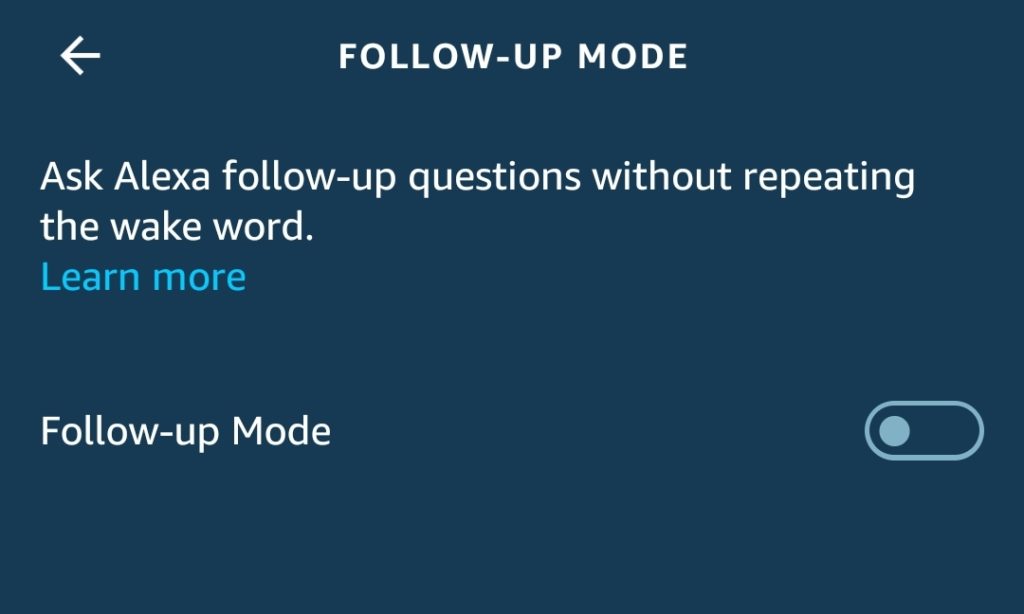
With Follow-up mode, you won’t have to use the wake word so much. To turn this feature on, tap on ‘Devices’ at the bottom of the app, then tap on your device. Scroll down and toggle ‘Follow-up Mode’ to the ‘on’ position. Now, you can simply continue your conversation with Alexa.
Echo Features FAQs
The Amazon Echo is an invaluable device. There’s always more to learn about Alexa. If you have more questions, this section is for you!
Where do I find more Alexa features for Echo?
When you first open the Alexa app, you’ll see a ‘Popular Skills’ section on the home page.
If you tap ‘Browse Skills’, you will see more options. Scroll through the list and look for the ‘Latest Skills’ section to see recently added skills. Of course, there are also Editor’s Picks and Categories too. Using the Categories tab at the top of the Skills & Games page, you can narrow your search and find what you need.
What is an Alexa Routine?
A routine is different from a skill because it’s something you create and customize (of course, you can build your skills too). When you make a routine, you set a ‘wake phrase,’ and Alexa responds appropriately.
For example, you can create a ‘Good Morning’ routine where Alexa reads you a daily news brief, plays music, or even sets your thermostat. If you set a ‘Saturday Morning routine,’ Alexa can power your robot vacuum, play music, or even give you a list of chores to keep you on track.
Disclaimer: Some pages on this site may include an affiliate link. This does not effect our editorial in any way.

